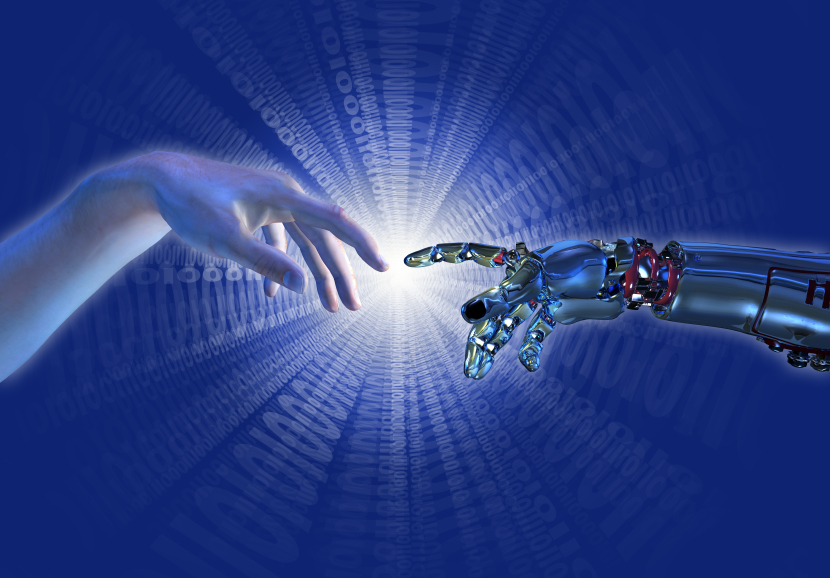Within the scope of Semaines sociales (social weeks) focusing on the topic of “Mankind and technosciences, the challenge“, in an interview with the daily newspaper La Croix, Grégor Puppinck1 explained the way in which transhumanism is henceforth affecting human rights.
When signing the European Convention on Human Rights in 1950 (Conv.EHR), “rights were defined in an attempt to protect the inherent abilities of human beings and human nature, which distinguish man from animals and highlight our dignity” .
Today, biotechnology is boosting man’s natural capacities and giving us new ones: “A new person is emerging from the development of these techniques and human rights are moving with this change“. After humanist and then personal rights, post-humanist rights emerged, thereby “paving the way to transhumanist rights” explained G. Puppinck.
This post-humanism is perceived as “the domination of individual desires over human nature“, leading to a “replacement of human rights by ‘individual rights’“, stated G. Puppinck who added that “even if the letter of human rights has not changed, individual interpretation of those rights has altered and even revolutionised their content“. In concrete terms, “human nature is being surpassed and replaced by biotechnologies“. Henceforth, there is an individual right to access these technologies “because they give greater affirmation”. Thus, “by affirming the existence of a ‘right to give birth to a child that is not affected by a disease’, the ECHR has incorporated genetic screening techniques in the definition of mankind: Eugenics is thus becoming an additional component of human nature“.
Finally, and more recently, the ECHR “believes that a moral argument no longer has any value. Any idea of man would be relative. […] A legal limitation given to an individual desire is no longer accepted if it is based on the concept of man or well being: from now on, the Court requires scientific arguments”. Such was the case recently when, with regard to an adoption involving a lesbian couple, “the moral argument of the government wishing to ban the adoption was rejected, demanding scientific evidence to show that it was not good for a child to be raised by a same sex couple“. Consequently, as far as the European Court of Human Rights is concerned, “science is only a ‘truth’ on which to base a judgment.” G. Puppinck went on to say that “this moral scepticism is destroying human rights based on moral, non-scientific choices and also helps to reduce them to the sole principle of freedom, which also implies that of equality. And this liberty is an indefinite, individual desire.“
1. Grégor Puppinck is a Doctor of Law and Director of the European Centre for Law and Justice (ECLJ).
La Croix (Flore Thomasset) 31/10/2014

